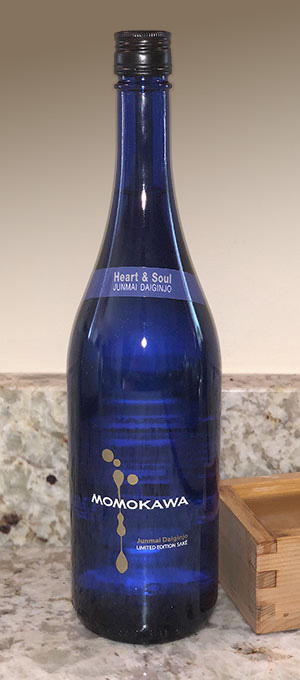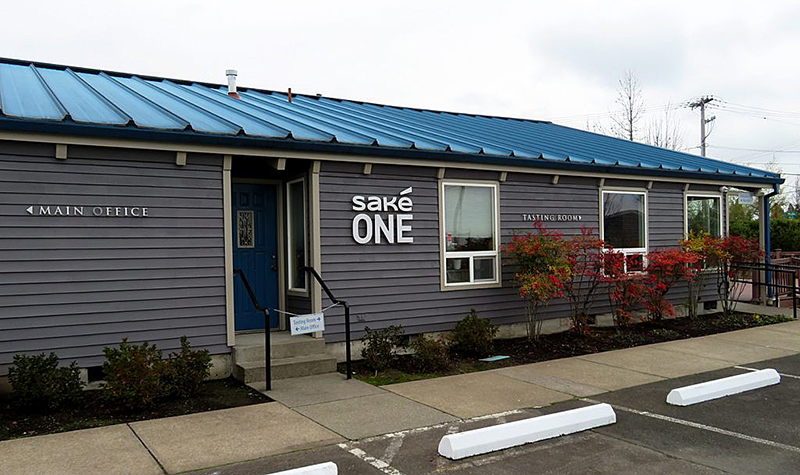 Saké is often called rice wine, but this is a misnomer. While it is an alcoholic beverage made by fermentation, the production process more closely resembles that of beer, and it is made from grain (rice, of course), not fruit. To make saké, the starch of freshly steamed glutinous rice is converted to sugar and then fermented to alcohol. Once fermented, the liquid is filtered, heated, and placed in casks for maturing. Sakés can range from dry to sweet, but even the driest retain a hint of sweetness.
Saké is often called rice wine, but this is a misnomer. While it is an alcoholic beverage made by fermentation, the production process more closely resembles that of beer, and it is made from grain (rice, of course), not fruit. To make saké, the starch of freshly steamed glutinous rice is converted to sugar and then fermented to alcohol. Once fermented, the liquid is filtered, heated, and placed in casks for maturing. Sakés can range from dry to sweet, but even the driest retain a hint of sweetness.
This saké is a domestic product from SakéOne saké brewery in Forest Grove, Oregon. The company began as a saké importer in 1992, and in 1997 they expanded the operation and began brewing their own saké.
In premium saké, water composition matters a great deal. SakéOne’s founder chose Oregon because he believed that the best-quality water for saké brewing is in the Northwest. The other crucial component is rice, and for this bottling SakéOne selected Yamada Nishiki from Arkansas.

x

SakéOne’s modest tasting room.
Momokawa Heart and Soul Saké
The producer states that “Heart” refers to the center of the rice grain, or shinpaku. The “Soul” refers to the dedication of the saké brewing team who created this hand-made saké. It is a full-bodied Junmail* Daiginjo** with a slightly yellow hue. It opens with a nose of melon and lychee. These continue on the palate, plus a bit of apple. The overall balance is quite good.
The ABV is 16%, and it has a mid-scale SMV*** of +1.5, but it seems drier. The rice has a polish of 40%, so 60% of the rice has been removed. Serve chilled.
NOTE: SakeOne offers a three-tiered monthly saké club (but not all three tiers are available in every state, due to local liquor laws). Club membership offers attractive discounts and access to limited production sakés. Unfortunately, SakeOne marks up the actual shipping charges by 30% to 50%, making those discounts in reality rather less attractive. I for one would prefer that the discounts be less, if necessary, and the shipping costs accurate.
*Junmai is pure rice wine, with no added alcohol. Until recently, at least 30% of the rice used for Junmai sake had to be milled away, but Junmai no longer requires a specified milling rate.
**Ginjo designates that at least 40% of the rice has been polished away. If a bottle is labeled just Ginjo, distilled alcohol was added; if it is labeled Junmai Ginjo, no alcohol was added.
***The SMV (Saké Meter Value) measures the density of saké relative to water, and is the method for gauging the dryness or sweetness of saké. The higher the SMV, the drier the saké. The range is from -15 (sweet) to +15 (dry),
Top of page: https://winervana.com/blog/

One Reply to “Momokawa Heart and Soul Saké”